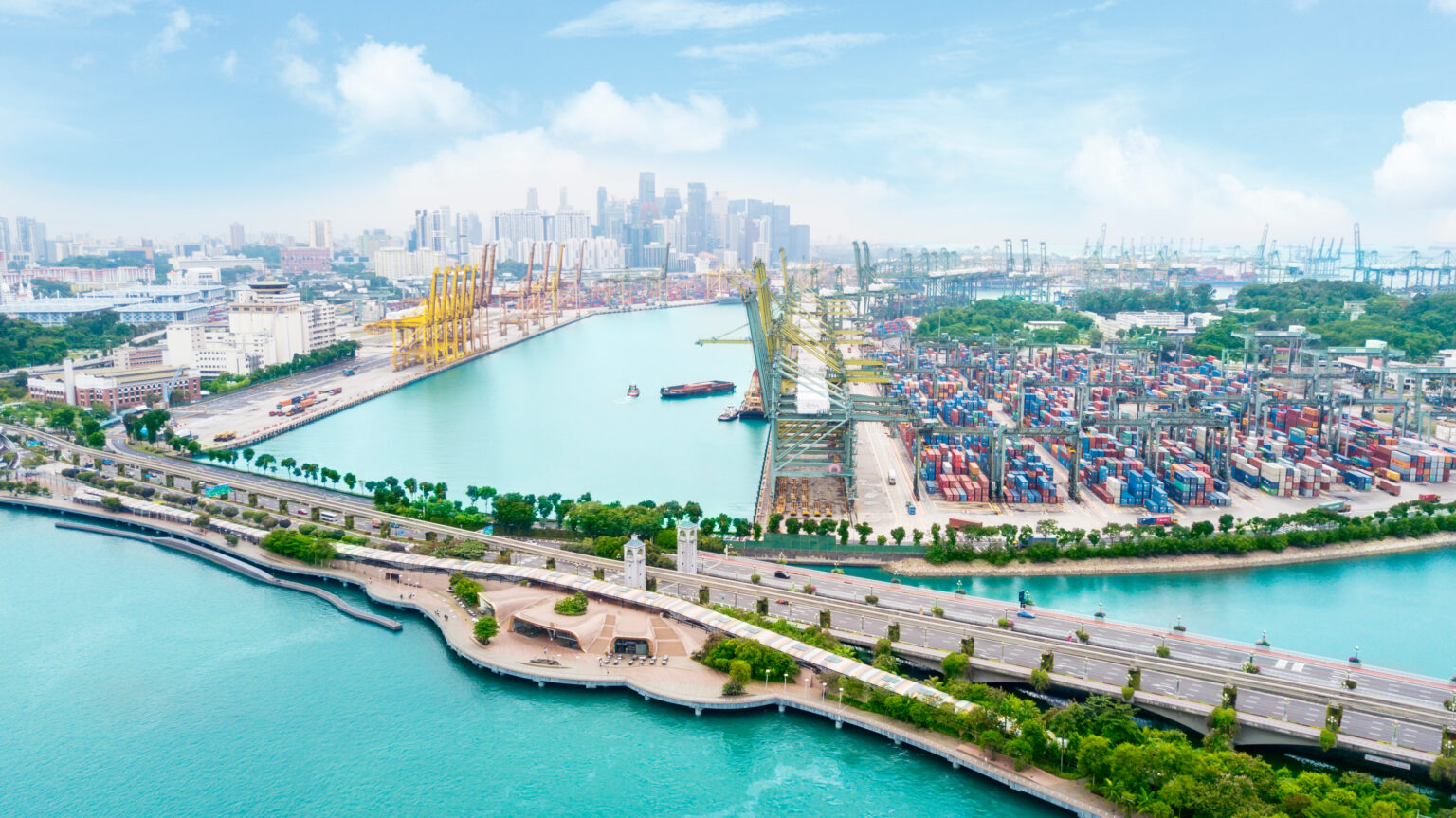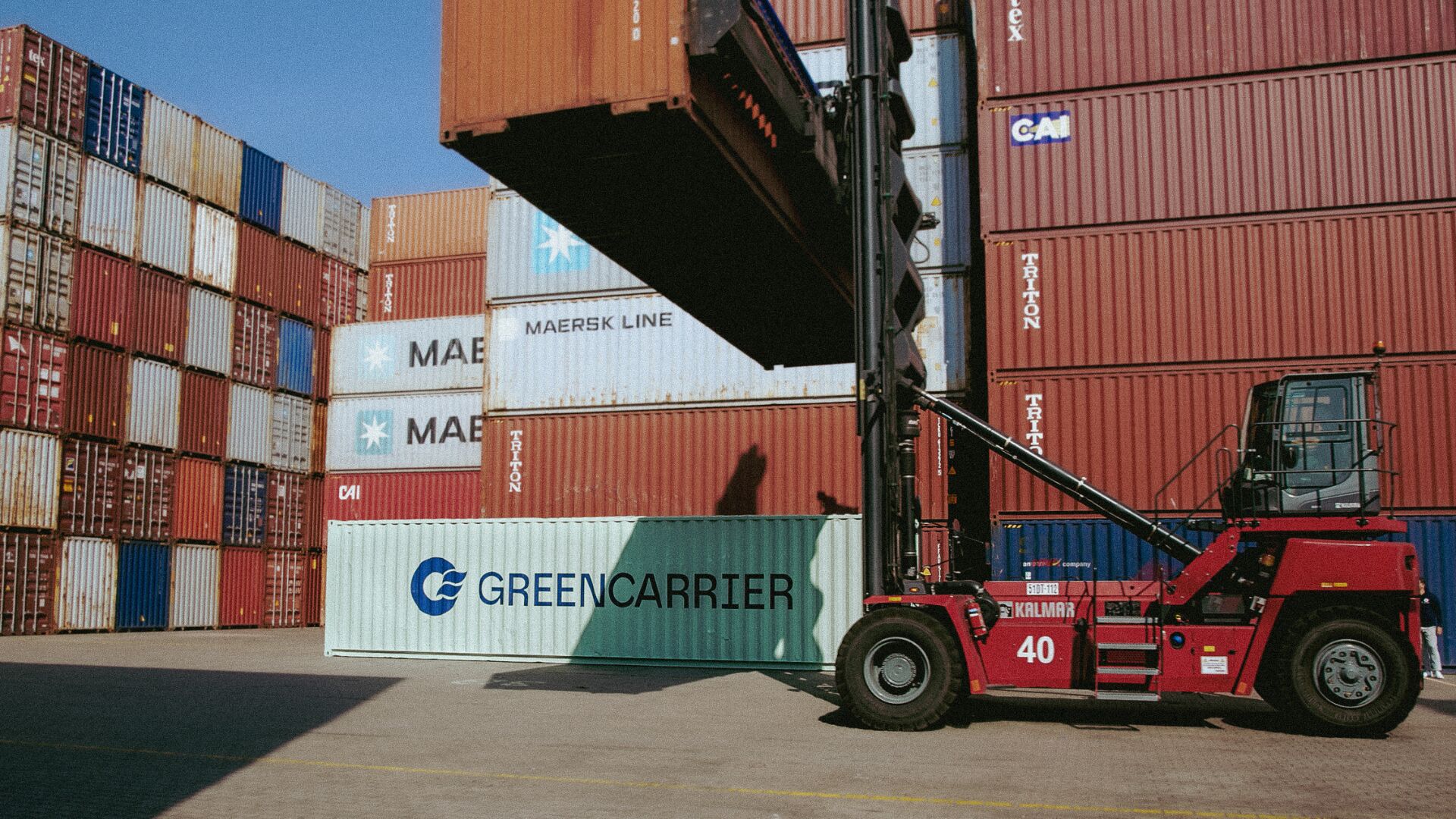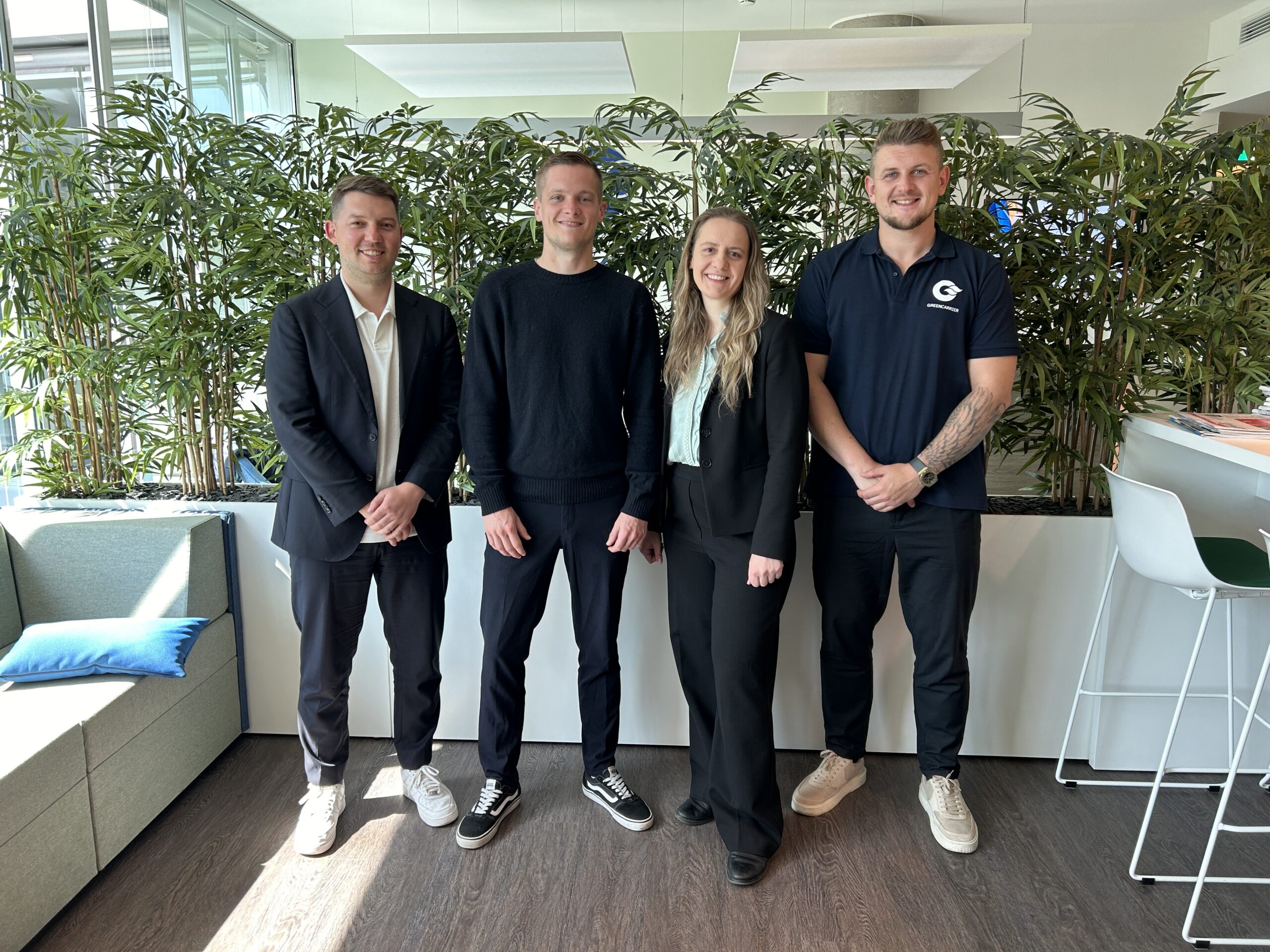We spoke with Grayson Lim, Branch Manager at Greencarrier Consolidators in Singapore, to gain the latest insights into the developments in the region and to hear his future outlook.
From your perspective, what makes Singapore an important player in the global supply chain?
Singapore is situated at the crossroads of major shipping routes, serving as an important gateway for trade between the Indian and Pacific Oceans. We have one of the busiest ports in the world – The Port of Singapore – that handles a significant portion of global maritime cargo.
The country offers important pro-business policies, transparent regulatory frameworks and an extensive network of free-trade agreements, which is ideal for businesses looking to expand their operations into the region. For businesses looking for less-than-container-load (LCL) solutions, Singapore can be ideal as it is a primary center for transshipment cargo and distribution in Southeast Asia.
What trends have you seen in the region when it comes to moving the sector in a more sustainable direction?
In recent years, we’ve seen a growing interest in alternative bunker fuels. Last year, sales of alternative bunker fuels such as maritime biofuel, liquified natural gas (LNG) and hydrogen, for example, doubled from 2023.
Offering sustainable logistics solutions to move the sector in a more sustainable direction is something we believe is very important and we now offer our customers the option to switch from traditional fuels to maritime biofuel for their shipments as well.
What is your future outlook for the region?
Regional integration is very important. The country has engaged in collaborative efforts to enhance the logistics capabilities. A good example is the agreement Singapore has established with Malaysia – the Johor-Singapore Special Economic Zone (JSSEZ). This initiative aims to strengthen cross-border trade, create more jobs and attract global investments, which is not only good for the global economy, but also for businesses looking to expand to the region.
In conclusion, I would say that through Singapore’s strategic initiatives, robust infrastructure, and forward-looking policies, the country has established itself as an anchor in global logistics. Its efforts to innovate and collaborate regionally ensure that it will remain integral to global trade in the years to come.
Looking for LCL export or import options to Singapore?
Get in touch with Grayson today: grayson.lim@greencarrier.com




